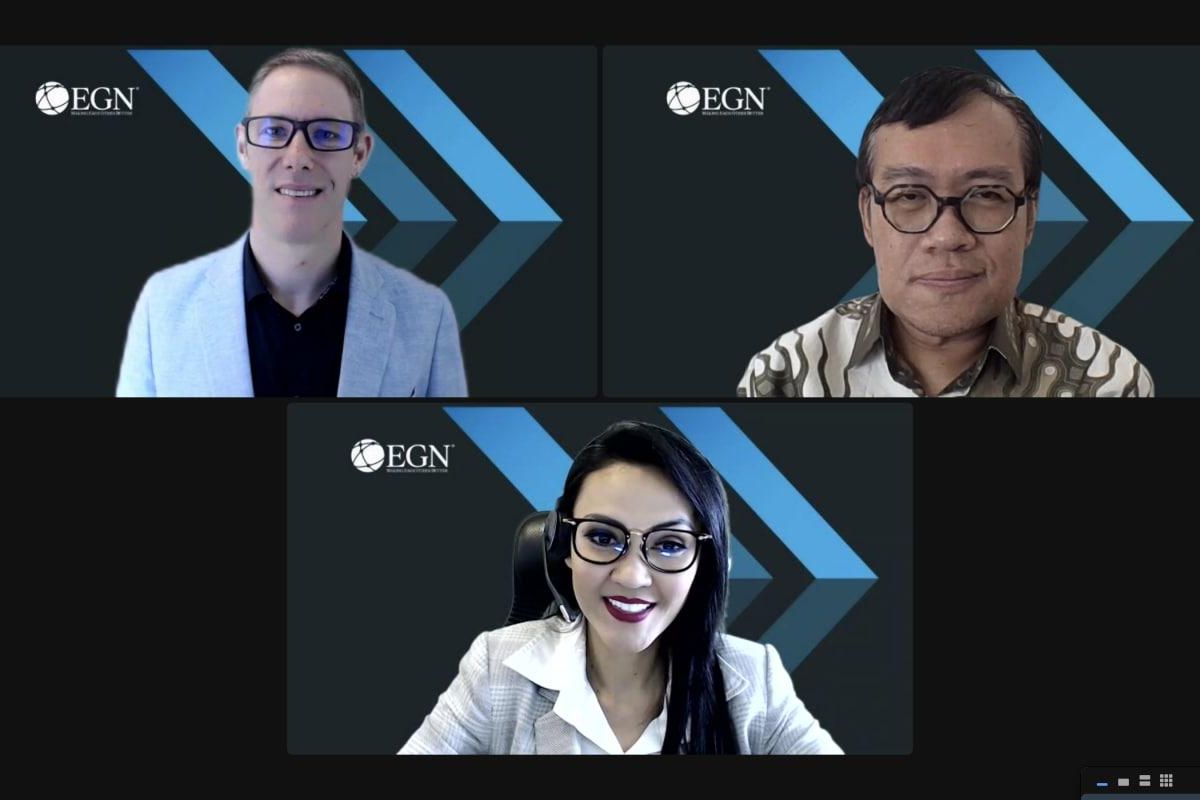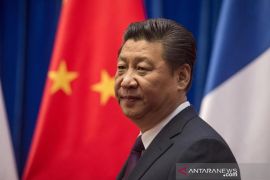Co-Founder and Managing Director EGN Singapore Nick Jonsson in a press statement received here on Sunday, said that the number rose from 59 percent in December 2020 due to the fact that many senior executives then felt isolated due to the pandemic.
The survey was initially conducted in 2019 through its Singapore office revealing that 30 percent of senior executives were suffering from executive loneliness.
“Senior executives are suffering and falling off the radar. However, due to expectations and the stigma associated with mental health, they do not have the platform to talk about it. These situations may occur as business leaders are continuously demanded to be on top of things by their company and always able to make the right decisions,” said Jonsson.
Many do not understand how leadership is always a learning process and even those at the top still find the need to learn and seek for expert opinions to discuss possible solutions, he highlighted.
Related news: Accepting new normal key for protecting mental health: expert
However, it is not always easy for senior executives to find a sparring partner whom they can level with and therefore drives the necessity of a peer network platform that facilitates the exchange of knowledge and ideas for people in top positions, according to the co-founder.
To this end, through its peer network of executives, EGN supports business leaders to be no longer on their own as they are now able to draw on the experience of others in their group and allow them to learn from peers of a similar level who work for similar-sized companies with similar scale, challenges and problems, he said.
Meanwhile, ATALIAN Global Services Indonesia CEO Yohanes Jeffry Johary said that leaders had to face more challenges that drove them to easily and quickly adapt to changes amid the pandemic.
“Leaders are considered effective if they are able to navigate through a global crisis in parallel with maintaining day-to-day operations. Amidst the COVID-19 pandemic, a lot of us are faced with unprecedented changes and challenges, and one of them is the urgency to meeting the digital transformation goals, which has forced countless organizations to accelerate the adaptation,” Johary said.
According to a recent forecast by International Data Corporation (IDC), global spending on the digital transformation of business practices, products and organizations will reach up to US$ 2.8 trillion in 2025 with an annual growth rate of 16.4 percent over 2021-2025 as organizations pursue a holistic digital strategy for people, processes, technology, data and governance.
McKinsey Global Survey of executives also revealed that their companies have accelerated the digitization of their customer and supply-chain interactions and of their internal operations by three to four years.
Related news: Manage stress to maintain mental health amid pandemic: Ministry
Related news: Anxiety disorder rate up 6.8 percent amid pandemic: Health Ministry
Reporter: Juwita Trisna Rahayu
Editor: Suharto
Copyright © ANTARA 2022












